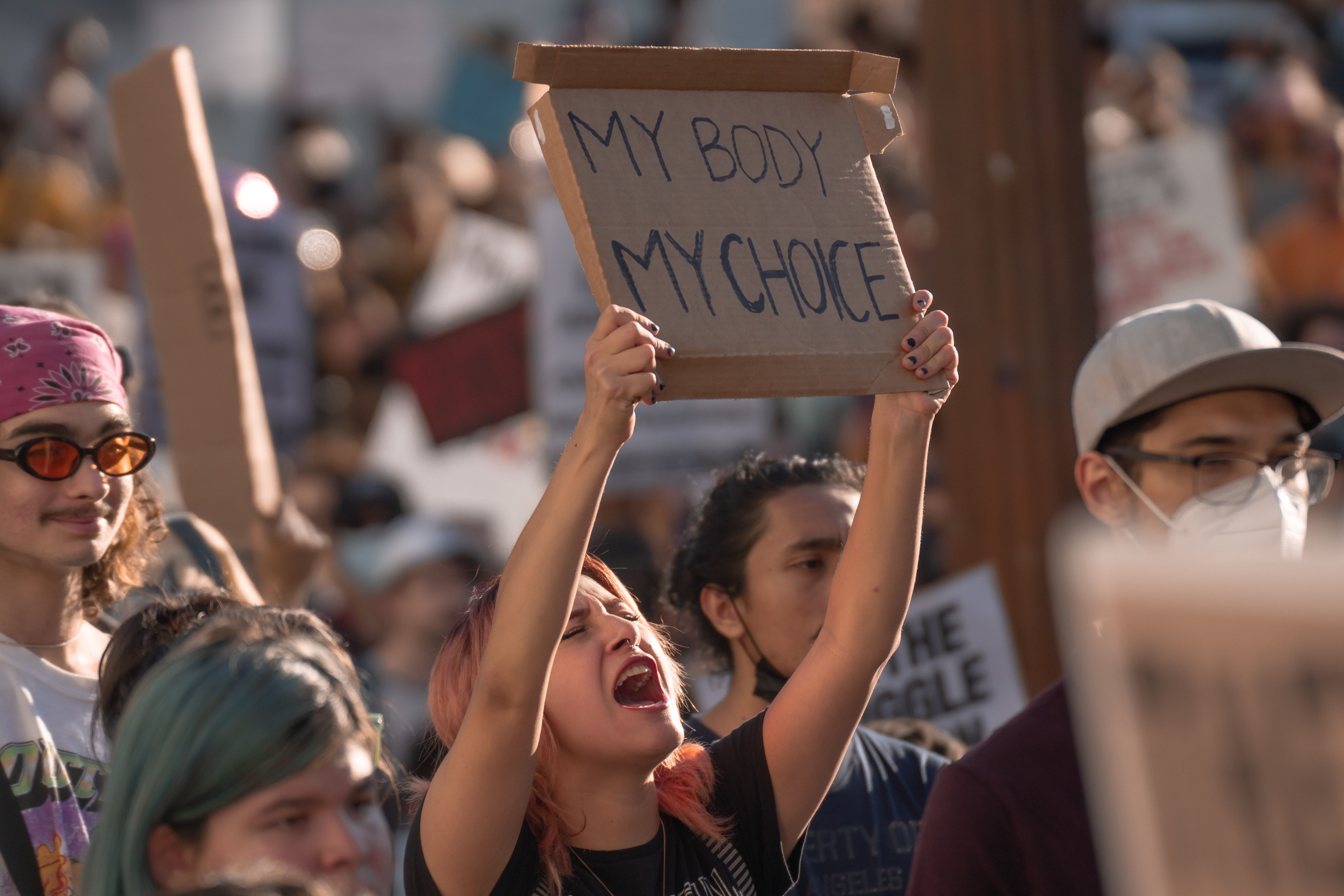
Why Black Mothers Need Culturally Humble Care
My journey into perinatal mental health, particularly within the Black community, is deeply personal and rooted in my own experiences as a Black woman navigating the healthcare system.
After delivering my baby at 27 weeks, I faced numerous challenges, both physically and emotionally. The premature birth of my child was not just a medical event; it was a profound emotional journey that left me feeling vulnerable and isolated.
Throughout this experience, I came to recognize the systemic failure of the healthcare system to adequately address the distinct needs of Black women during pregnancy, childbirth, and the postpartum period.
Maternal Health Encompasses Physical and Mental Health
Alarmingly, Black women experience disproportionately higher rates of maternal mental health concerns such as postpartum depression and postpartum anxiety. The stark reality of Black maternal mortality and morbidity rates amplifies this disparity.
Black women face a 3-4 times higher risk of dying due to pregnancy-related complications compared to their white counterparts.
The CDC's revelation that 30% of Black women feel unheard within the maternal health system resonates deeply with my encounters and those of numerous women I've encountered in my practice.
Frequently, the voices of Black women are sidelined or disregarded, resulting in inadequate care and devastating consequences. These systemic injustices and personal trials motivated me to specialize in perinatal mental health, with a specific focus on serving the Black community.
I recognized an urgent need for culturally humble care that acknowledges the unique experiences and challenges Black women face during pregnancy and childbirth.
My mission evolved into creating a supportive environment where Black women feel validated, heard, and empowered.
As a maternal mental health therapist, I am dedicated to offering a safe space where Black women can share their stories, express their concerns, and access the necessary resources to flourish during the perinatal period.
My journey fueled my passion for advocating for systemic changes within the healthcare system to address the root causes contributing to the Black maternal mortality crisis. Through education, advocacy, and compassionate care, I am committed to making a difference in the lives of Black mothers and their babies, ensuring they receive the support and respect they deserve.
Maternal Mental Health in the Context of Black Experiences
As a Black maternal mental health therapist, I understand the profound importance of creating a space where Black women can feel genuinely heard and understood within a healthcare system that has historically overlooked our unique experiences.
The journey of motherhood for Black women is often laden with societal and cultural factors that can significantly impact our mental health.
One crucial aspect of my approach is acknowledging the societal and historical context within which Black motherhood exists.
Black women have faced systemic oppression, racism, and intergenerational trauma, all of which can contribute to heightened stress and mental health challenges during the perinatal period.
These experiences can manifest in feelings of inadequacy, guilt, and fear of judgment, as societal stereotypes often portray us as strong and resilient, leaving little room for vulnerability and struggles.
In our therapy sessions, I create a safe and affirming space where Black women can express their emotions without fear of judgment or stigma. I validate their experiences and provide culturally appropriate support that acknowledges their unique challenges. By centering their voices and experiences, I aim to empower Black mothers to reclaim agency over their mental health and well-being.
Additionally, I integrate culturally relevant therapeutic techniques and interventions into my practice. This may include incorporating elements of Afrocentric psychology, which emphasizes the importance of cultural identity, community support, and spiritual connections in healing.
By honoring and respecting my client's cultural beliefs and practices, I strive to create an authentic and empowering therapeutic framework.
Furthermore, I recognize the importance of addressing systemic barriers to mental health care access for Black women. This includes advocating for culturally humble care within healthcare systems, addressing disparities in access to resources, and challenging the stigma surrounding mental health in our communities.
Overall, my approach to maternal mental health in the Black community is rooted in cultural humility, empathy, and empowerment. By creating a space where Black women feel seen, heard, and valued, I aim to support them on their journey toward healing and resilience in motherhood.
The Challenges Black Mothers Face
I am deeply attuned to the systemic traumas that Black mothers face within a healthcare system where their voices are often silenced or dismissed.
I frequently witness a range of challenges that disproportionately affect Black mothers in relation to perinatal mental health.
Black mothers encounter racial bias and discrimination within healthcare settings, leading to disparities in the quality of care they receive. This systemic injustice can erode trust in healthcare providers and exacerbate feelings of anxiety and stress during the perinatal period.
I validate these experiences and provide a safe space for Black mothers to process their emotions and seek support without fear of judgment. However, I also explore practical ways to empower Black mothers to find their voice during their perinatal journey, ensuring that they advocate for themselves, especially in situations where they feel marginalized.
The legacy of historical trauma, including slavery, systemic racism, and medical exploitation, casts a long shadow over Black motherhood. Intergenerational wounds from past injustices can manifest as feelings of fear, mistrust, and unresolved trauma.
I address these challenges by first acknowledging and validating them but also honoring the resilience of Black mothers and facilitating healing through culturally attuned therapeutic techniques that recognize the impact of historical trauma on mental well-being. These techniques also include components of trauma-informed interventions.
The cultural stigma surrounding mental health in the Black community and the portrayal of the strong Black woman can deter mothers from seeking help or discussing their struggles openly. I strive to dismantle these barriers by cultivating a culturally affirming therapeutic environment where Black mothers feel empowered to share their experiences and seek support without shame or judgment.
Through culturally relevant interventions and dialogue, I challenge harmful stereotypes and foster community and solidarity among Black mothers.
By addressing these specific challenges head-on in my practice through a trauma-informed, culturally humble lens, I strive to create a space where Black mothers feel validated, heard, and supported on their journey to healing and resilience in motherhood.
It's imperative to emphasize the importance of preventive measures and proactive support. This includes integrating mental health considerations into preconception planning and ensuring that mental health professionals are involved throughout the perinatal journey.
This proactive approach can help identify any pre-existing mental health concerns and establish strategies for managing them effectively before conception occurs.
Once pregnant, just as Black parents engage with obstetricians or midwives for prenatal care, they should also have regular sessions with mental health professionals to monitor their emotional well-being and address any emerging concerns.
By normalizing the integration of mental health care into perinatal care, we can destigmatize seeking help for mental health issues and ensure that Black mothers receive comprehensive support.
This holistic approach promotes positive mental health outcomes for mothers, contributes to healthier outcomes for their babies, and strengthens the bond within families.
May 14, 2024

Looking for a therapist?
Get tips on finding a therapist who gets you.
By submitting this form, you are agreeing to Alma's privacy policy.



